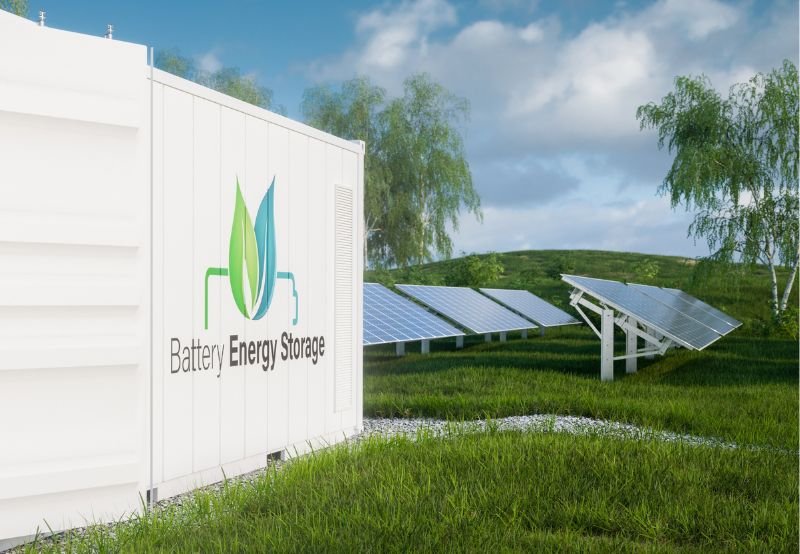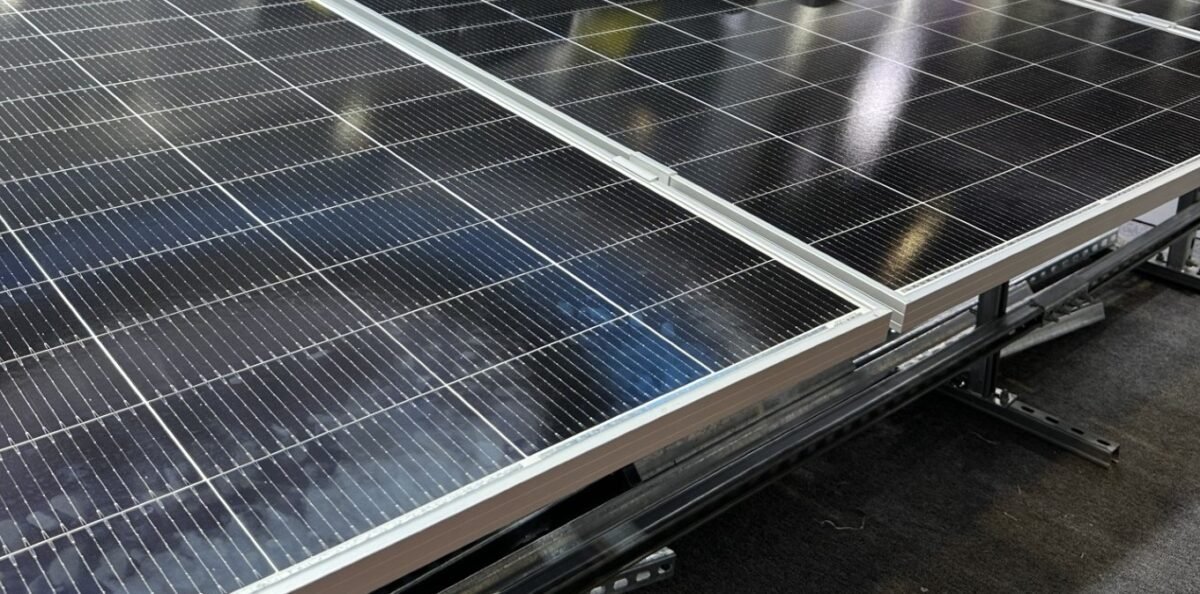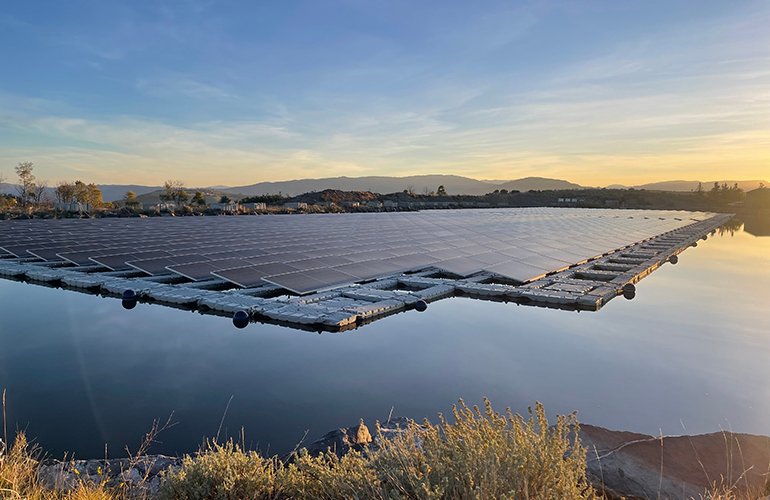EU Commission Unveils Guidance for Future-Focused Grid Investments
As the solar industry continues to evolve, the need for anticipatory grid investments to support future energy needs becomes critical. The EU Commission has issued groundbreaking guidance that aligns with this vision – a strategic move applauded by industry leaders. This framework reshapes how European nations approach energy infrastructure development.
Why Future-Proofing Grids Matters Now
Our current energy grids were designed for predictable fossil fuel generation. With the rapid adoption of variable renewable energy sources and electrification trends, grids require complete transformation. The EU guidance pushes Member States to:
- Adopt 10-20 year planning horizons
- Integrate smart grid technologies
- Prioritize flexibility and resilience
- Align with climate neutrality goals
Key Components of the EU Framework
The guidance establishes comprehensive requirements for grid modernization:
Anticipatory Investment Planning
Member States must develop scenarios accounting for future energy demand, EV charging needs, and renewable integration. This proactive approach contrasts with traditional reactive grid management.
Technology Integration Mandates
The framework specifically addresses:
- Advanced energy storage solutions
- Demand-response capabilities
- Digital monitoring systems
- Grid-scale interconnection
Implementation Challenges and Solutions
While the vision is clear, execution presents hurdles:
Funding: The guidance encourages innovative financing models blending public and private capital, similar to the successful approaches seen in solar project financing.
Coordination: Cross-border cooperation will be essential, building on existing EU renewable energy initiatives.
The Road Ahead for Europe’s Energy Transition
This guidance represents a fundamental shift in energy policy thinking – from incremental upgrades to systemic transformation. It positions Europe to:
- Accelerate renewable energy adoption
- Reduce curtailment of clean power
- Create grids capable of handling 60-80% renewable penetration
- Maintain reliability during energy market transitions
The framework sets a global benchmark for how developed economies can modernize energy infrastructure to meet climate commitments while ensuring system reliability. Its implementation will be closely watched by energy policymakers worldwide.






